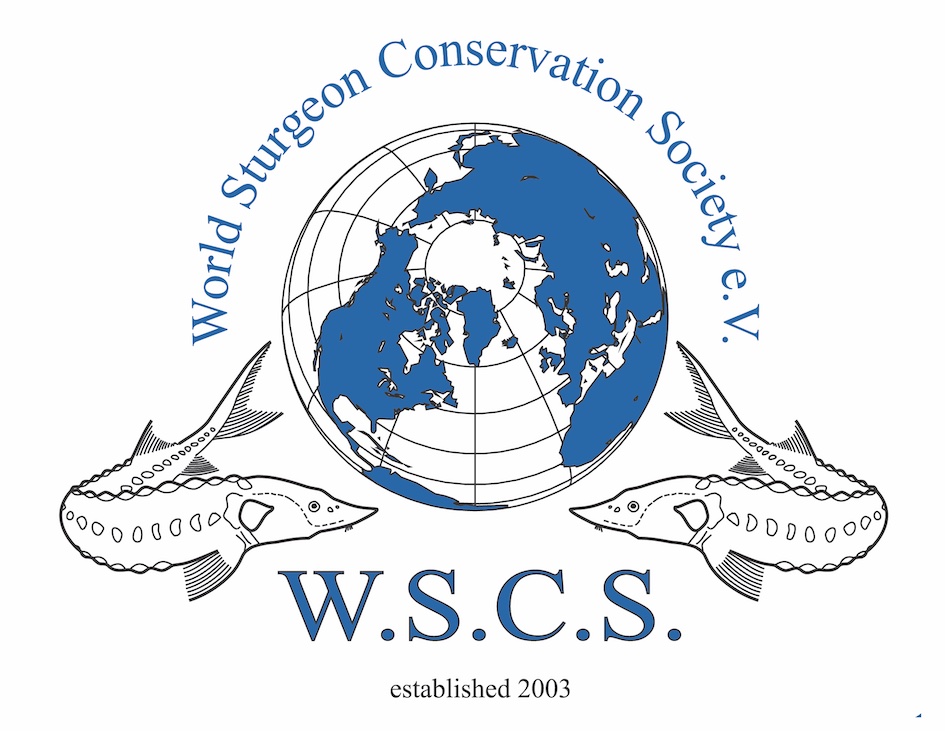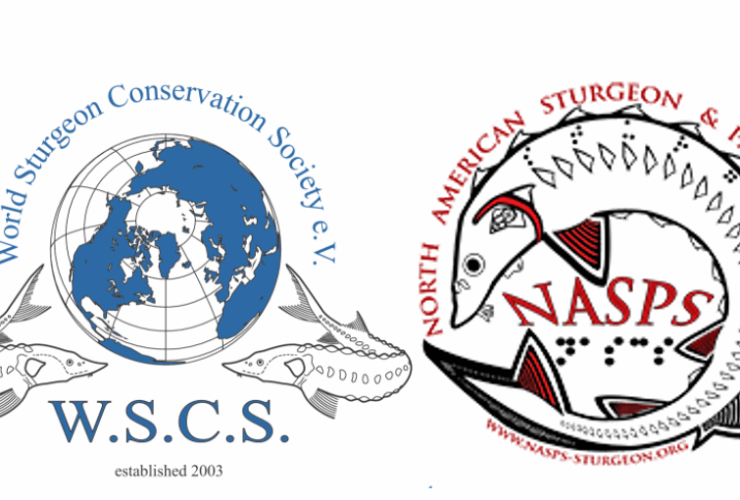PRESS RELEASE
European Parliament fails to halt disastrous hydropower project jeopardising local livelihoods and endangered species
WWF and CEE Bankwatch Network question the EU Commission’s reasons for putting this decades-old project on the Danube river on its priority investment list
27 September, Brussels, Sofia, Bucharest
The hazardous Turnu Măgurele–Nikopol hydropower project on the Lower Danube has been added to the EU’s priority investment list, despite the fact it will increase flood risk for over 100 towns and villages, threaten protected areas and the survival of critically endangered species, and violate the EU’s own policies. This dreadful decision comes less than a month before the world gathers at the Convention on Biological Diversity COP16 to discuss how to accelerate action to protect rivers under the Global Biodiversity Framework. This strategy commits the EU to protect 30% of its rivers and other inland waters.
The European Parliament chose to ignore the joint call of Bankwatch, WWF and 36 other environmental organisations across the continent to take more time and thoroughly review the scientific evidence and socio-economic arguments against the project1. The Turnu Măgurele-Nikopol Hydraulic Structures Assembly (TMNHSA) hydropower project, designed over forty years ago, has consistently failed to attract investors due to its massive costs, relatively low energy returns, and significant social and environmental impacts.
Along with its impact on communities and nature, it would also devastate local economies dependent on agriculture, fisheries, and tourism, disrupt waterway transport, and even pose risks to the nuclear power plant in Kozloduy.
By not requesting an extension of the scrutiny period or voting against the list of projects, the European Parliament has silently green-lighted this project. As a result, on September 24, this environmentally and socially destructive project was officially added to the List of Renewable Energy Cross-border Projects (CB RES), making it eligible for EU funding under the Connecting Europe Facility programme.
“We are disappointed that the European Parliament missed the opportunity for scrutinising the project. Without proper assessment, the rushed approval of this project undermines the EU’s stated goals of biodiversity protection and climate resilience”, says Irene Lucius, WWF-CEE Regional Conservation Director. “Beyond environmental destruction, the project will cause irreversible harm to communities in Romania and Bulgaria. Over 100 towns and villages will be affected by the dam’s reservoir, which is expected to cause widespread flooding of farmland, homes, and critical infrastructure.”
Call for Immediate Action by the European Commission
CEE Bankwatch Network, WWF and the 36 partner organisations urgently call on the European Commission to remove the Turnu Măgurele – Nikopol project from its list of priority renewable energy projects.
“The Commission must act swiftly to reverse this mistake,” says Andrey Ralev, Biodiversity Campaigner at CEE Bankwatch Network. “As the EU faces a biodiversity and climate crisis, pursuing projects that exacerbate these challenges is irresponsible and short-sighted. There are far more sustainable energy alternatives available, including solar and wind power, which can meet the region’s energy needs faster and cheaper without destroying natural habitats or threatening livelihoods. The Turnu Măgurele – Nikopol project is an outdated, cost-inefficient and destructive dinosaur, and the EU cannot afford to endorse it.”
The environmental organisations underline that the TMNHSA project contradicts not only key EU environmental laws and policies, such as the Water Framework and the Habitats Directive. It is also in conflict with EU Member States international commitments, including the historic Kunming-Montreal Global Biodiversity Framework signed in December 2022.
“How can the EU appear on the global stage and expect the world community to take action on biodiversity conservation and climate change adaptation when it promotes outdated infrastructure that destroys large protected areas and threatens the survival of critically endangered species such as the iconic Danube sturgeons – the most endangered wildlife species group in the world?” says Beate Striebel-Greiter, WWF´s Sturgeon Initiative Coordinator.
Note to editors
1 A delegated act sent to the European Parliament and Council for a two-month scrutiny on 24/07, added the project to the list of cross-border renewable energy projects (CB RES list) eligible for funding under the Connecting Europe Facility Programme. The European Parliament and Council had two months to scrutinise the list, and could approve or reject it, or ask for a two-month extension of the scrutiny period. Link to the delegated act: https://eur-lex.europa.eu/legal-content/EN/TXT/?uri=PI_COM%3AC%282024%295129&qid=1723042928236
Additional information
Briefing on EU priority project Turnu Măgurele – Nikopol Hydraulic Structures Assembly (TMNHSA) threatening Lower Danube communities and ecosystem here
Pictures
Contact details:
WWF Contact:
Irene Lucius, WWF-CEE Regional Conservation Director
Email: il*****@****ee.org
Bankwatch Contact:
Andrey Ralev, Biodiversity Campaigner
Email: an**********@*******ch.org
Tel. +359884268552





